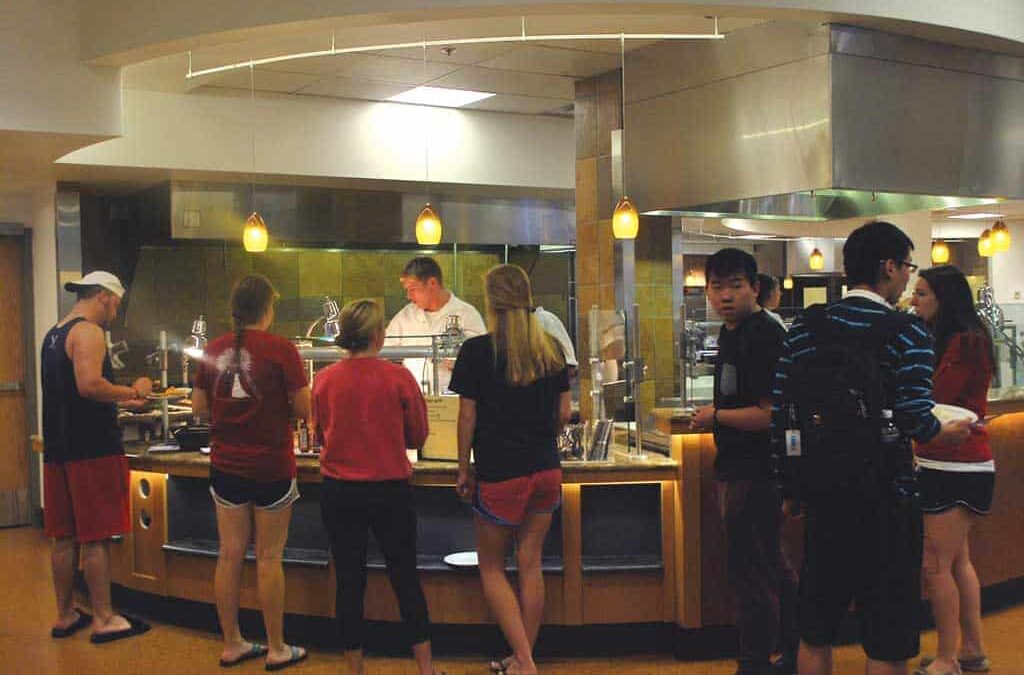Denison kicked up its sustainability efforts a big notch this year as both the recycling and composting procedures on campus were revamped. The new programs have cut down on confusion, decreased the amount of time we spend sorting our food waste and recyclables, and dramatically increased our output.
Denison, whose students were among the first to implement a university recycling program in 1986, made the switch last April from a sorted recycling system to one that is comingled. This not only eliminates the need to separate wet and dry recyclables, but also means that plastics of types 1 through 7 can now be processed (as compared to only plastic types 1 and 2 in previous years).
Sustainability Coordinator Jeremy King anticipates a significant jump in the volume of recyclables that Denison generates, but these results are still in the measurement process.
Denison’s recycling center still handles materials brought in from the general public, and separates some of the most valuable items (i.e. aluminum cans and cardboard), but the majority of recyclables are now collected and processed by Rumpke.
Recycling isn’t the only thing expanding this year.
Due to Bon Appétit’s emphasis on fresh produce, the kitchen generates more fruit and vegetable scraps, therefore rendering the amount of meat, dairy, and oil that people scrape from their plates – previously non-compostable – insignificant. As a result, the compost facility behind Denison’s Physical Plant has seen four times as much food waste per day as compared to last year, or roughly 8 33-gallon bins from each dining hall.
“We do all scratch cooking… some people don’t understand that when you’re eating watermelon on the fruit bar at breakfast it’s because someone took a watermelon, that I probably got from the farmer’s market Saturday, and cut it up, and the rest of the watermelon goes in the [compost],” said S.K. Piper, sustainability manager for Dining Services on campus.
Senior environmental studies and political science double major Chelsea Eastman, of Granville, Ohio, is working in conjunction with Piper and her team to determine the best long-term solution for the increased volume of compost. This solution may include transporting our compost to a facility off campus, where even industrial compost such as the to-go containers and utensils in Slayter can be processed.

